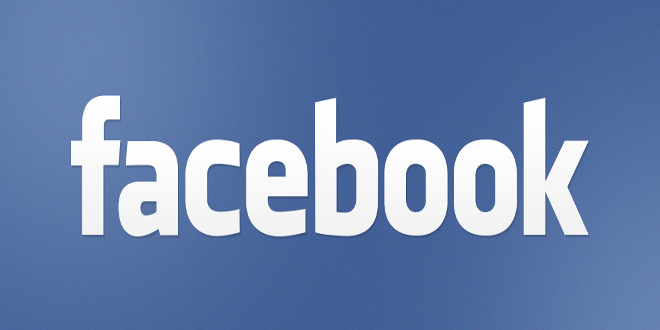Facebook and Microsoft have announced a joint project to lay an undersea cable across the Atlantic Ocean. Both companies are transferring larger and larger amounts of data between their data centers in North America and their users in Europe. This new cable will help them meet the growing demand.
The cable will stretch from Virginia to Spain, two locations which were carefully chosen to give maximum benefit to the two companies. Both Microsoft and Facebook have numerous data centers in Virginia, which must send their traffic through New York in order to cross the Atlantic. A new cable that connects the state directly to Europe will increase the efficiency of data transfers for both companies. Facebook also has data centers in North Carolina which would benefit from the new cable as well. The choice of Spain as the European end of the cable has benefits as well. A connection to southern Europe will also provide a shorter to route for traffic to Africa and the Middle East.
This new cable is part of a trend of content providers taking more control over the infrastructure of the Internet. Companies do this not only by laying down new cables but also in leasing dark fiber, which are terrestrial cables which have already been laid but are currently unused. Facebook’s vice president of network engineering Najam Ahmad says Facebook is leasing dark fiber, "pretty much everywhere." It is believed that other major content providers like Microsoft and Google are doing the same.
"We're starting to see more of the large Internet content providers looking to build more of their own networks," says Michael Murphy, president and CEO of telecom consulting firm NEF, "whether they are leasing dark fiber or laying down new cables to build new routes." Murphy compares this shift to Amazon gradually gaining more control of its infrastructure to ship packages by setting up distribution centers and buying a fleet of trucks. "The move is similar in the data space, where companies get to an economy of scale where it makes sense for them to handle their own traffic," he says.
Although content providers are increasingly taking more control of their own infrastructure, they haven't completely cut out traditional telecoms in this venture. Joining Facebook and Microsoft in this project is Telxius, a subsidiary of Spanish telecom Telefónica. Telxius will be responsible for operating the cable. Although Facebook and Microsoft will account for most of the traffic across the cable, Telxius will be able to sell a portion of the capacity to other companies who need to transfer data across the Atlantic.
The fact that these companies are willing pay the costs of laying down a cable between North America and Europe shows how important data transfers between the continents are for their businesses. Last year transfers of personal data between Europe and the United States was briefly in jeopardy after a European court overturned a data transfer deal due to privacy concerns. A new deal has been reached with stronger protections for EU citizens, but its still not clear whether it will survive a legal challenge. If the new deal breaks down, companies who rely on data transfers could be in trouble, and this cable which is being laid down by Microsoft and Facebook might end up being a waste of money.







